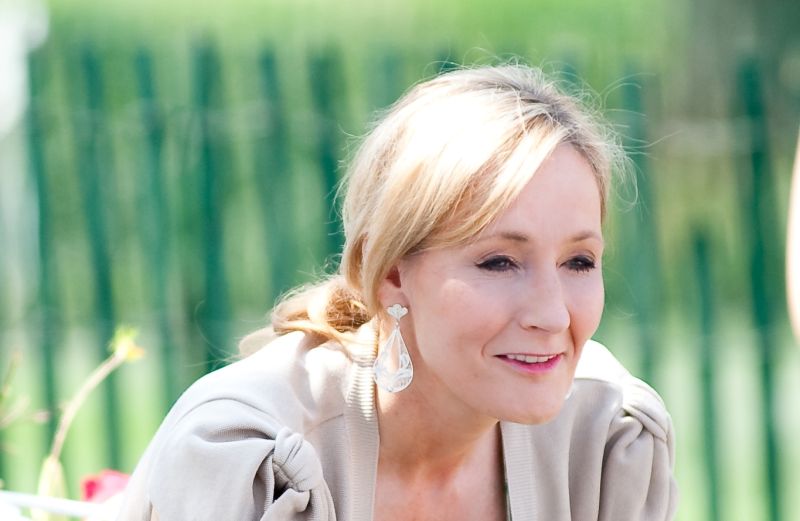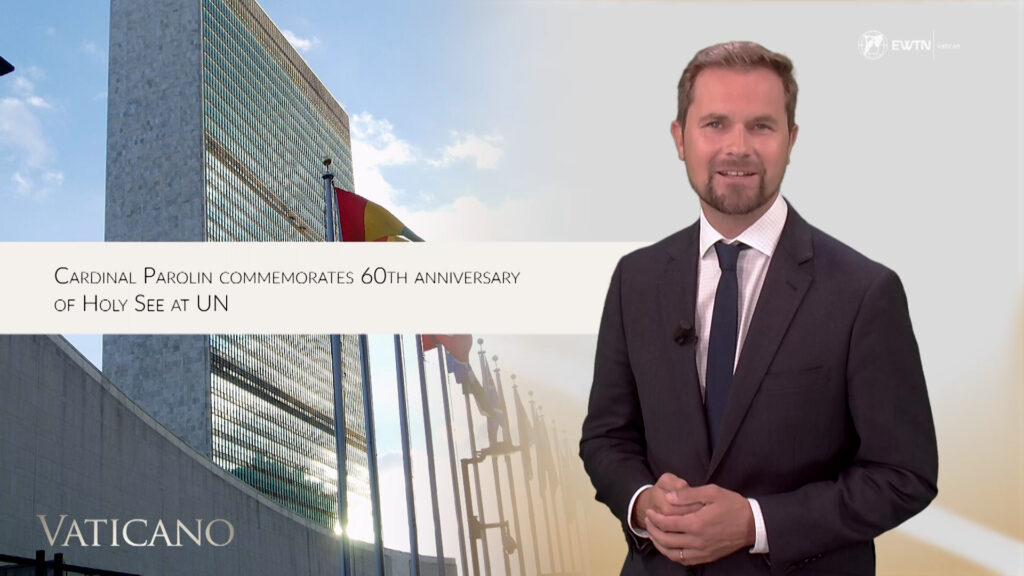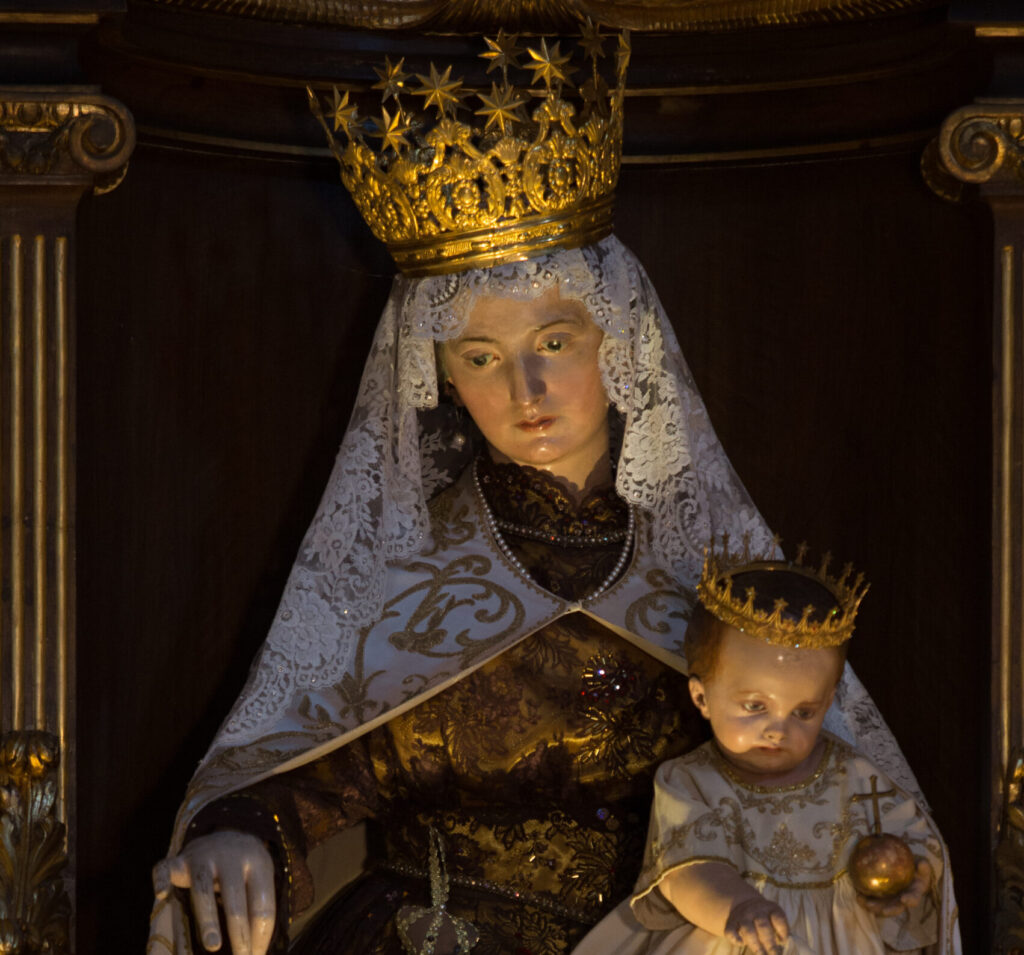Washington, D.C. Newsroom, Apr 2, 2024 / 14:45 pm (CNA).
A new hate speech law that went into effect in Scotland on Monday could prompt investigations into those, such as author J.K. Rowling, who refer to transgender individuals by their biological sex, rather than their self-proclaimed gender identity, a Scottish minister said.
Under the new law, which went into effect on April 1, 2024, a person will face up to seven years in prison for stirring up hatred against a person based on his or her “transgender identity.” The law expanded existing hate speech laws that already banned people from stirring up hatred based on a person’s race.
The law does not explicitly prohibit so-called “misgendering,” which is when someone refers to a transgender person by his or her biological sex rather than his or her self-proclaimed gender identity.
However, Scottish Minister for Victims and Community Safety Siobhian Brown, in an interview with BBC Radio 4 Today, according to the Telegraph, said that police would have the discretion about whether to investigate those types of comments and whether to investigate Rowling, specifically, who has been an outspoken critic of gender ideology.
“There’s a very high threshold, which is in the Act, which would be up to Police Scotland, and what would have to be said online or in person would be threatening and abusive,” Brown told BBC Radio 4 Today, according to The Telegraph.
Brown noted that the law did not explicitly make it a crime to “misgender” someone. But when asked about a Scottish National Party Councillor saying that Rowling is “not entitled to make people feel uncomfortable and to misgender someone,” Brown said it “would be a police matter for them to assess what happens.”
However, Brown also said that she does not believe the law makes it illegal to convey “a personal opinion that is challenging or offensive” and further claimed: “We respect everybody’s freedom for expression, and nobody in our society should live in fear or be made to feel like they don’t belong.”
What did J.K. Rowling say about transgenderism?
Rowling, who authored the best-selling Harry Potter series, has been an outspoken critic of allowing biological males who identify as women to enter into women’s sports and women’s locker rooms. She frequently refers to biological males who identify as women with male pronouns and continued to do so on April 1, in spite of the new Scottish law. She recently dared the Scottish police to arrest her.
“For several years now, Scottish women have been pressured by their government and members of the police force to deny the evidence of their eyes and ears, repudiate biological facts and embrace a neo-religious concept of gender that is unprovable and untestable,” Rowling said in a series of posts on X.
“The re-definition of «woman» to include every man who declares himself one has already had serious consequences for women’s and girls’ rights and safety in Scotland, with the strongest impact felt, as ever, by the most vulnerable, including female prisoners and rape survivors,” Rowling continued.
“It is impossible to accurately describe or tackle the reality of violence and sexual violence committed against women and girls, or address the current assault on women’s and girls’ rights, unless we are allowed to call a man a man. Freedom of speech and belief are at an end in Scotland if the accurate description of biological sex is deemed criminal.”
Rowling added that she is “currently out of the country, but if what I’ve written here qualifies as an [offense] under the terms of the new act, I look forward to being arrested when I return to the birthplace of the Scottish Enlightenment.”
The new law did not include a prohibition on stirring hatred up against someone based on his or her gender.
What has the Catholic Church said about the law?
The Catholic Bishops» Conference of Scotland has also been critical of the new law, warning that the bishops are “deeply concerned” that it does not include protections for Christians who expressed traditional Christian views about gender.
“There should be no threat of prosecution for expressing the belief that, for example, there are only two sexes or genders; that a man cannot become a woman and vice versa; or that marriage can only be between one man and one woman,” the Catholic Parliamentary Office, a public policy agency of the Scottish bishops, said at the time.











